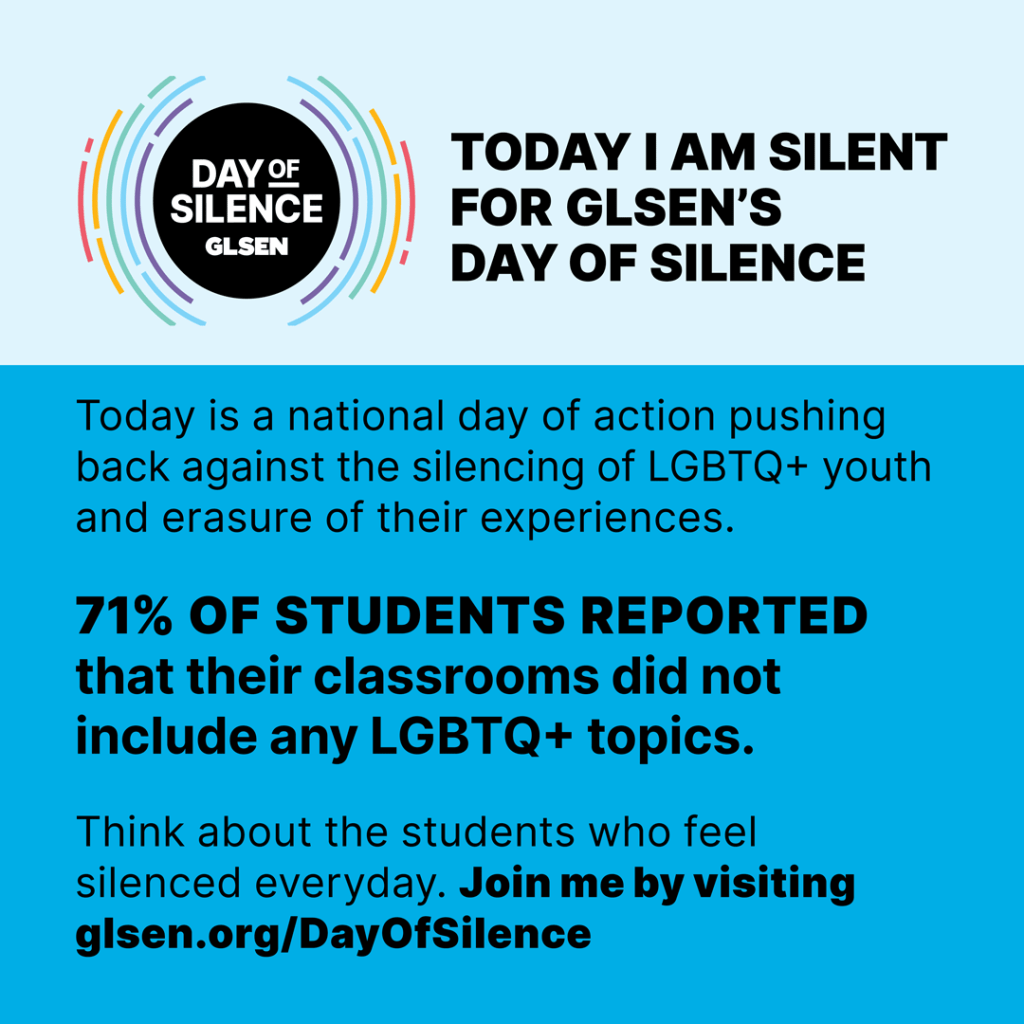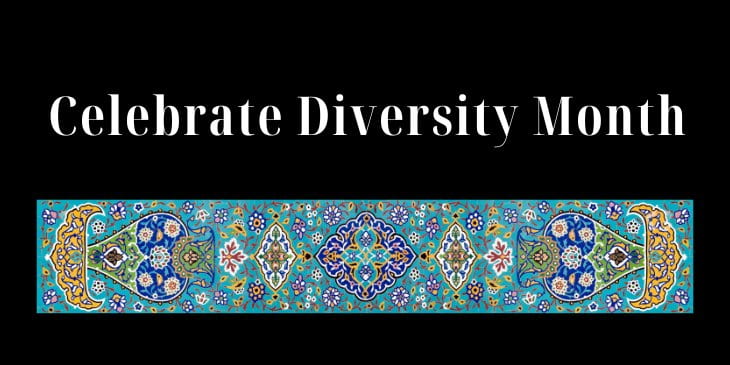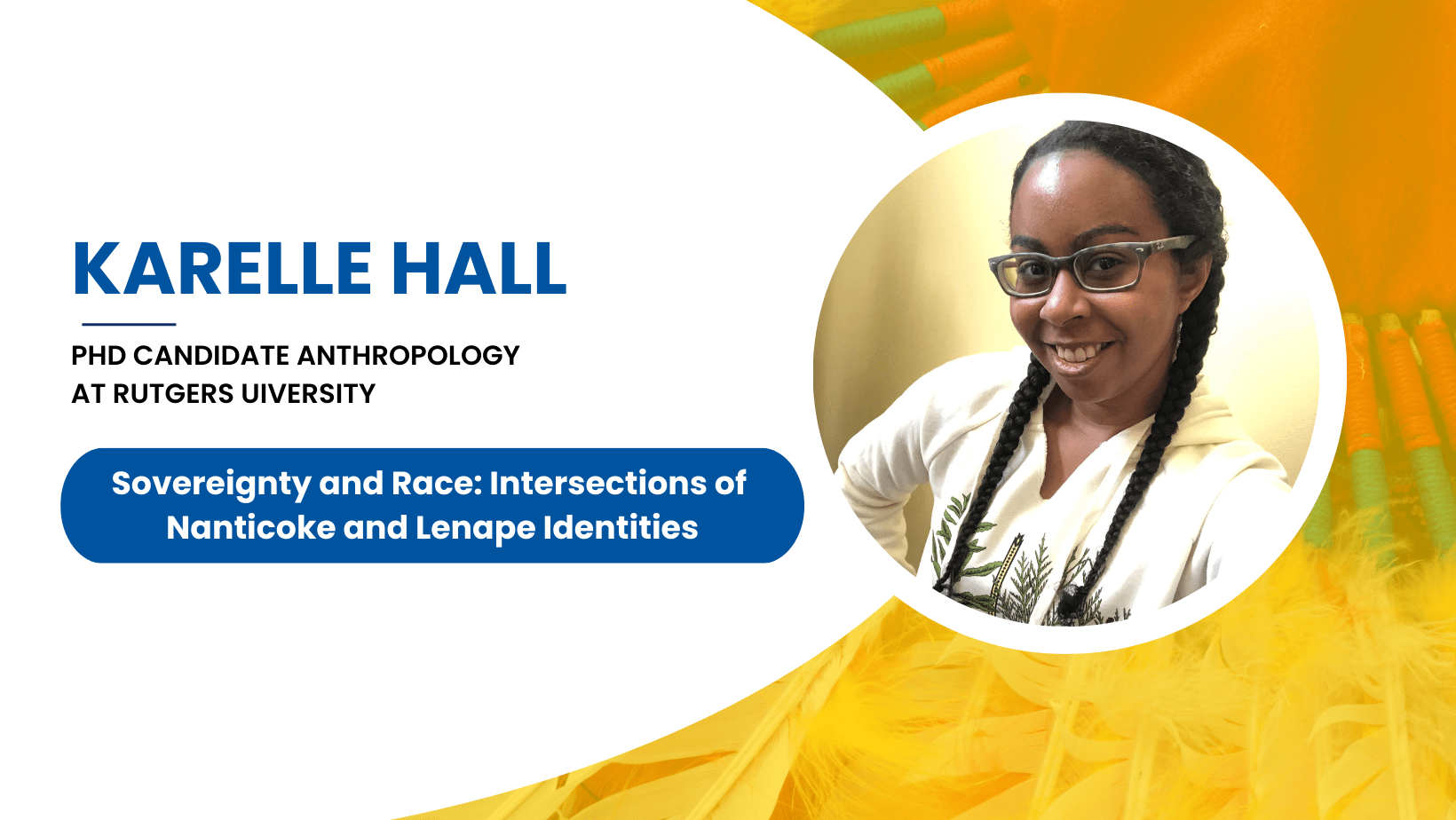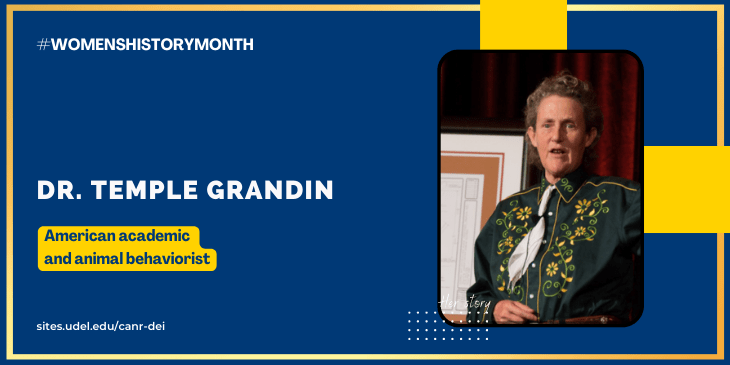Since 2004, April has been considered Celebrate Diversity Month. It is a time to recognize and understand our differences, be it gender, race, ethnicity, faith, sexual orientation, and other factors while honoring the common essence of humanity.
The White House released a proclamation earlier this month in recognition of National Arab American Heritage Month.
The Arab American story is the American story — one of diverse backgrounds and faiths, vibrant tradition, bold innovation, hard work, commitment to community, and stalwart patriotism, all coming together to accomplish something greater than any one of us. This month, we join together to celebrate the immeasurable contributions of Arab Americans to our Nation and recommit ourselves to the timeless work of making sure that all people have the opportunity to achieve the American Dream.
President Joseph R. Biden, Jr.
Some major religious holidays are happening during April, including Easter, Passover, and Eid al-Fitr!
- Passover, which began at sunset on April 5, is an eight-day Jewish holiday celebrating the freeing of Israeli slaves.
- Easter will be celebrated on April 9. Easter is the day on which Christians celebrate Jesus’ resurrection.
- Eid al-Fitr is one of two major holidays on the Islamic calendar. It’s an Arabic term that means “Festival of Breaking Fast,” because it’s celebrated at the conclusion of Ramadan on April 21.

April 14 is the GLSEN Day of Silence, a national student-led demonstration where LGBTQ students and allies all around the country—and the world—take a vow of silence to protest the harmful effects of harassment and discrimination of LGBTQ+ people in schools. Students go through the school day without speaking, ending it with Breaking the Silence rallies and events to share their experiences and bring attention to how their schools and communities can become more inclusive.
April 22 is the day to celebrate the environmental diversity of Earth and highlight ways of protecting our planet. Earth Day is a day observed by more than 192 nations. It honors the environmental movement that protects the Earth for future generations. CANR continues the celebration of Earth until the end of the month with our biggest college-wide annual event Ag Day! This year’s theme is “Ag Around the Corner.”
Comments closed



